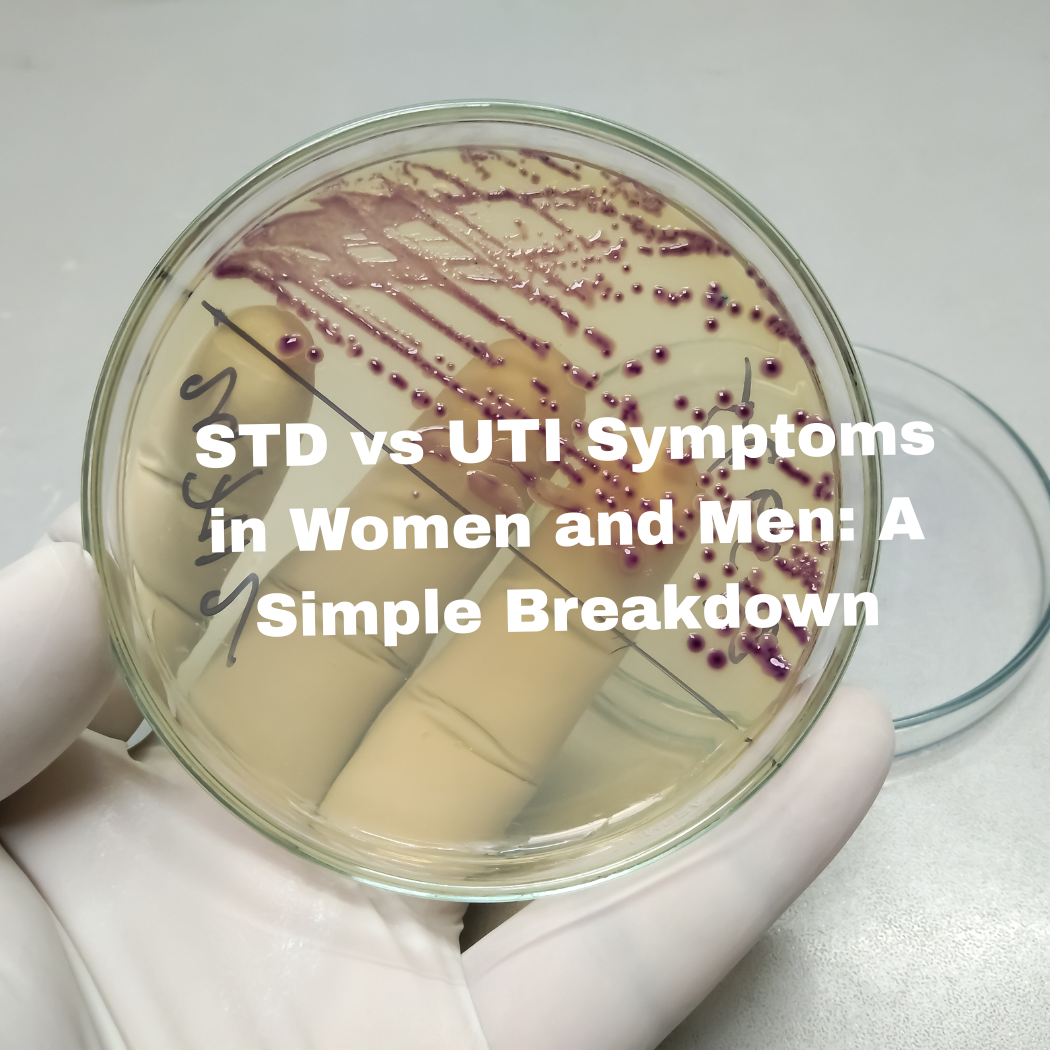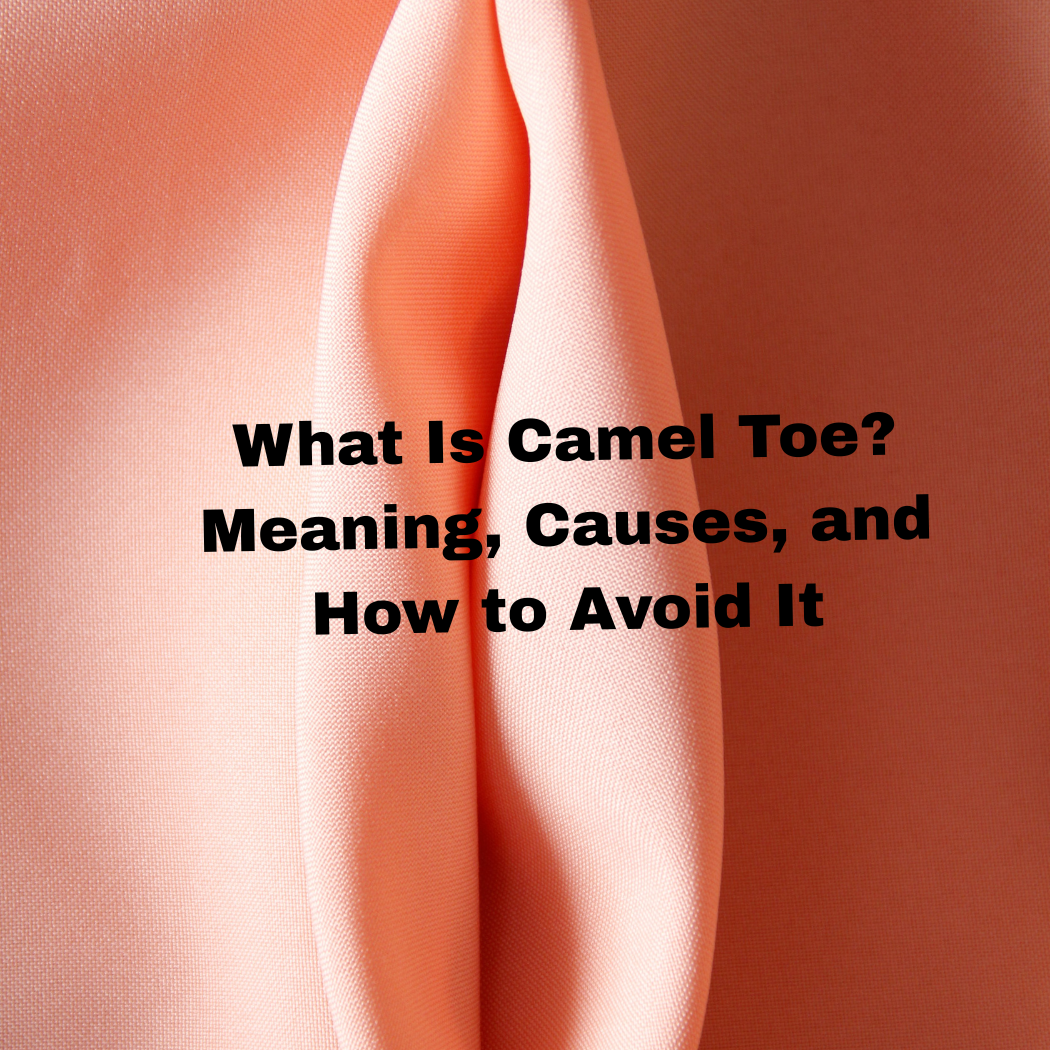-
Introduction: UTI Symptoms Aren’t Always Consistent Have you ever felt UTI symptoms one moment and then they disappear — only to come back again later?You’re not imagining things. Yes, UTI symptoms can come and go, and it can be very confusing and frustrating. In this article, we’ll explain why this happens, what it means for…
-
Introduction: Let Your Words Do the Flirting Sometimes, all it takes is one good text to make your man think about you all day… or all night. Whether you’re in a long-distance relationship, a fresh romance, or you just want to turn up the heat, these sexy text messages are designed to make him miss…
-
Intro: Two Very Different Things, But Easy to Mix Up Let’s be real — if you feel burning when you pee, weird discharge, or pelvic pain, your mind starts racing:“Is it a UTI or is it an STD?” That question is more common than you think.Both UTIs (Urinary Tract Infections) and STDs (Sexually Transmitted Diseases)…
-
Introduction: A Fantasy That Needs Full Consent CNC stands for Consensual Non-Consent — a kink that plays with the idea of one person pretending not to give consent, even though both partners have fully agreed to it beforehand. It’s often called “rape play”, but that name can be misleading or uncomfortable for many. CNC is…
-
Intro: Add Some Fun & Flirting to Your Relationship Being in a relationship isn’t just about love — it’s also about laughter, teasing, and creating fun little moments together. One easy way to do that?Start making fun bets with your partner. These bets don’t have to be serious. In fact, the sillier, flirtier, or more…
-
Introduction: When Symptoms Show Up, Then Disappear You notice something unusual down there — maybe itching, burning, or discharge. Then, a few days later, it goes away on its own. You breathe a sigh of relief and think, “Maybe it wasn’t serious.” But here’s the truth: when it comes to STDs, symptoms that come and…
-
Introduction: Spice Up Your Relationship With a Fun Bet Relationships thrive on connection, laughter, and a little competition. If you’re looking for a playful way to bond with your boyfriend, these fun and flirty bets are the perfect idea. Whether you’re chilling at home, on a date night, or chatting over texts, a little wager…
-
Introduction: Let’s Talk About It – Honestly You’ve probably heard the word camel toe before — in a meme, maybe a social post, or even from someone trying to joke about tight clothes. But what does camel toe actually mean? Is it bad? Is it normal? Let’s break it all down in a simple, honest…
-
Understanding the Cost of the Abortion Pill The cost of the abortion pill can vary based on several factors, including location, healthcare provider, and insurance coverage. On average, the price ranges from $200 to $800. For instance, Planned Parenthood reports an average cost of around $580 for a medication abortion. Some clinics, like Carafem, offer…
-
Quick Overview STD testing at urgent care centers is typically quick and straightforward. The actual testing process usually takes between 15 to 30 minutes. However, the time it takes to receive results can vary depending on the specific tests conducted. What Happens During an STD Test at Urgent Care? When you visit an urgent care…









